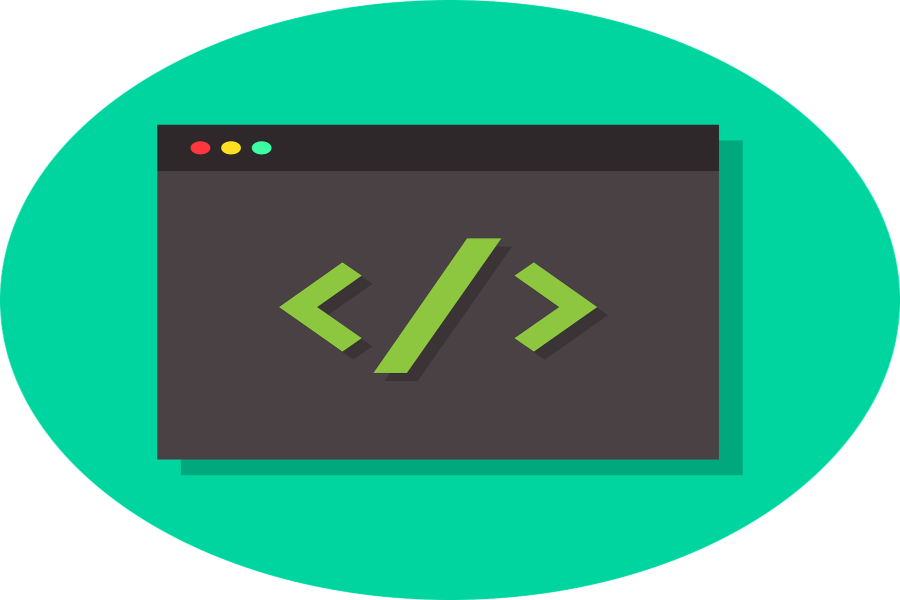This is a common question among businesses and developers looking to build mobile applications optimized for performance, security, and user experience. Native app development involves creating applications specifically designed to run on particular platforms, such as Android or iOS, using platform-specific languages and tools. These apps can utilize the device’s hardware and software capabilities, resulting in a seamless, responsive user experience.
In today’s fast-paced digital world, businesses constantly seek ways to enhance user engagement and stay competitive. Native app development provides a solid solution by delivering apps that perform better and look more polished than other alternatives. This approach, however, comes with its advantages and challenges, particularly in terms of time, cost, and expertise. This article will dive into what native app development is, when and why it should be chosen, and how businesses can benefit from it. We will explore the processes, tools, and technologies involved and answer common questions surrounding native app development.
What is Native App Development?
Native app development refers to building mobile applications designed for a particular operating system, such as Android or iOS. These apps are written in programming languages specific to the platform—Java or Kotlin for Android and Swift or Objective-C for iOS. Native apps offer superior performance, better integration with device features, and a more polished user experience than cross-platform or hybrid apps. They also tend to be more secure and responsive, making them ideal for businesses that need high-quality, robust mobile applications.
The Basics of Native App Development
Native app development is creating mobile applications tailored for specific operating systems such as Android or iOS. This development method uses platform-specific programming languages—Swift and Objective-C for iOS and Java or Kotlin for Android. These apps are built to fully utilize the capabilities of the devices they run on, leading to better performance, security, and user experience.
One key reason businesses choose native app development is that it allows for deeper integration with the platform’s hardware and software features. For example, native apps can directly access the phone’s camera, GPS, and push notifications, making them faster and more efficient. This kind of direct access often isn’t available in hybrid or web apps, making native apps a superior choice for performance-centric projects.
Developers who specialize in native app development are typically highly skilled in a particular platform’s tools and languages. They use Android Studio for Android apps and Xcode for iOS apps, both of which are powerful Integrated Development Environments (IDEs) that offer debugging emulation and testing features designed to streamline the development process.
While the advantages of native app development are clear, there are also some challenges. It usually requires more resources, including time, money, and expertise. Since native apps are built separately for each platform, businesses may need to hire multiple development teams if they wish to deploy their apps on both Android and iOS.
The user experience is often considered the most significant benefit of native app development. Native apps are optimized for the user interface and interaction patterns of their respective platforms, meaning they provide a smooth and intuitive experience. This level of optimization is harder to achieve with cross-platform or web apps, which tend to lack the polish of native apps.
Why Should You Choose Native App Development?
Native Performance
One of the biggest reasons for choosing native app development is its superior performance. Native apps are compiled using platform-specific languages, which means they run faster and more efficiently. This is particularly important for performance-critical applications, such as gaming, where users expect smooth, lag-free interaction.
Seamless User Experience
Native apps are designed to integrate perfectly with the platform’s UI components, providing a seamless user experience. For example, users of an iOS app will be familiar with the gestures and interactions because they match other native apps on the system.
Security and Reliability
Native apps are often considered more secure because they have direct access to the operating system’s security features, making it easier to incorporate strong encryption and data protection. Moreover, the apps are subject to stricter quality checks from the app stores.
Full Access to Device Features
Another reason to go for native app development is the ability to leverage the full potential of device features like the camera, GPS, and notifications. These features are crucial for apps that require high-level functionality.
Better Offline Support
Native apps are capable of functioning offline, as they can store data locally on the device. This is a huge advantage for users who need access to their apps without an internet connection.
When is Native App Development the Best Choice?
Sometimes, businesses wonder when it is appropriate to choose native app development over other methods. Here are some scenarios where native app development is a clear choice:
- Performance: When you need a high-performance app, such as in gaming or data-intensive applications.
- User Experience: If your app relies heavily on a platform-specific user experience.
- Security: For apps that handle sensitive data, such as banking or healthcare apps.
- Offline Capabilities: If you need your app to work efficiently without an internet connection.
- Long-Term Investment: When you plan to continue improving the app over time, it makes sense to invest in a native solution.
How to Build a Native App?
Building a native app involves several stages, each requiring specific tools and expertise. Here’s a breakdown of the typical process:
- Planning and Research: This stage involves understanding your target audience, determining the app’s core functionalities, and deciding on the platforms (iOS, Android, or both).
- Designing the User Interface (UI): The UI/UX design phase focuses on creating an intuitive and visually appealing interface that adheres to platform-specific guidelines.
- Development: In this stage, developers begin writing code in platform-specific languages like Swift for iOS and Kotlin for Android. They use IDEs such as Android Studio or Xcode to streamline the process.
- Testing: Testing is crucial to ensure that the app runs smoothly on various devices. It includes unit tests, integration tests, and user acceptance tests.
- Deployment: Once the app is tested and refined, it is submitted to app stores (Google Play for Android and App Store for iOS), where it undergoes a review process before becoming available to users.
- Maintenance and Updates: After launch, apps need regular updates and maintenance to fix bugs, add new features, and ensure compatibility with new versions of operating systems.
Advantages of Native App Development
Faster Performance
Native apps are compiled directly into machine code, which makes them faster and more efficient compared to web and hybrid apps.
Superior User Experience
Native apps offer a seamless experience because they are built with platform-specific guidelines in mind, ensuring they look and feel like an integral part of the device.
Access to Device Capabilities
With native apps, you can fully utilize device features like the camera, microphone, and GPS, which aren’t always as accessible in other types of apps.
Offline Functionality
Unlike web apps, native apps can operate offline, providing users access to content and functionality even without an internet connection.
Enhanced Security
Native apps offer robust security features, as they can directly integrate with platform security measures such as biometric authentication and secure storage.
Cultural Interlude
If you’re deep in planning and need a brief reset before diving back into architecture diagrams, a thoughtful change of pace can help clear the mind. For something completely different, you might read the human-interest perspective captured in the piece titled Harambe Documentary. Stepping away for a moment often brings you back to the roadmap with fresh eyes.
Conclusion
Native App Development is essential for businesses seeking to deliver high-performance, secure, and user-friendly mobile applications. Although the process requires a greater investment of time and resources, the benefits—especially in terms of speed, reliability, and user satisfaction—are well worth it. Native apps are the go-to solution for companies prioritizing long-term success and performance optimization.
FAQ’s
- What is Native App Development?
A. Native app development is the creation of software applications specifically designed to run on particular platforms like Android or iOS using platform-specific programming languages. - Why should I choose Native App Development over Hybrid?
A. Native apps offer superior performance, a seamless user experience, and full access to device features, while hybrid apps may struggle with performance and integration. - What are the main challenges in Native App Development?
A. The primary challenges include higher development costs, longer time-to-market, and the need for platform-specific expertise. - Can Native Apps work offline?
A. Yes, native apps can store data locally, allowing users to access the app even without an internet connection.







